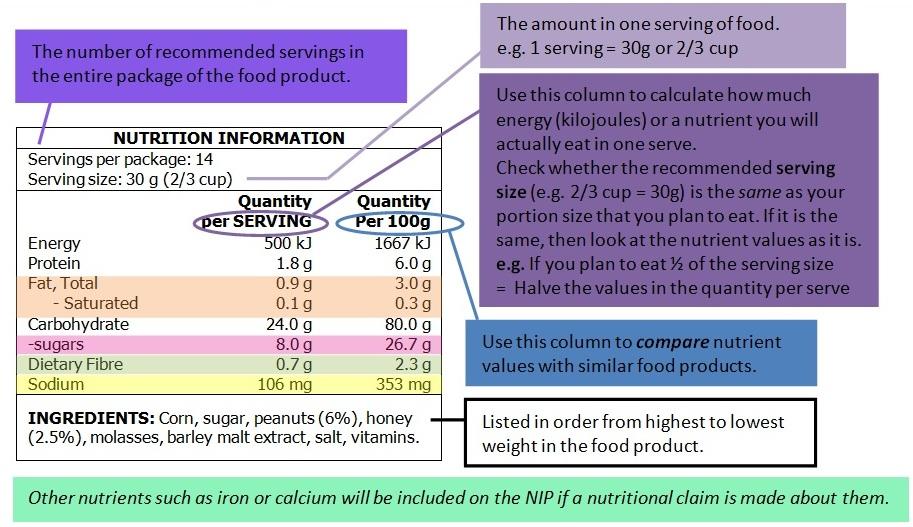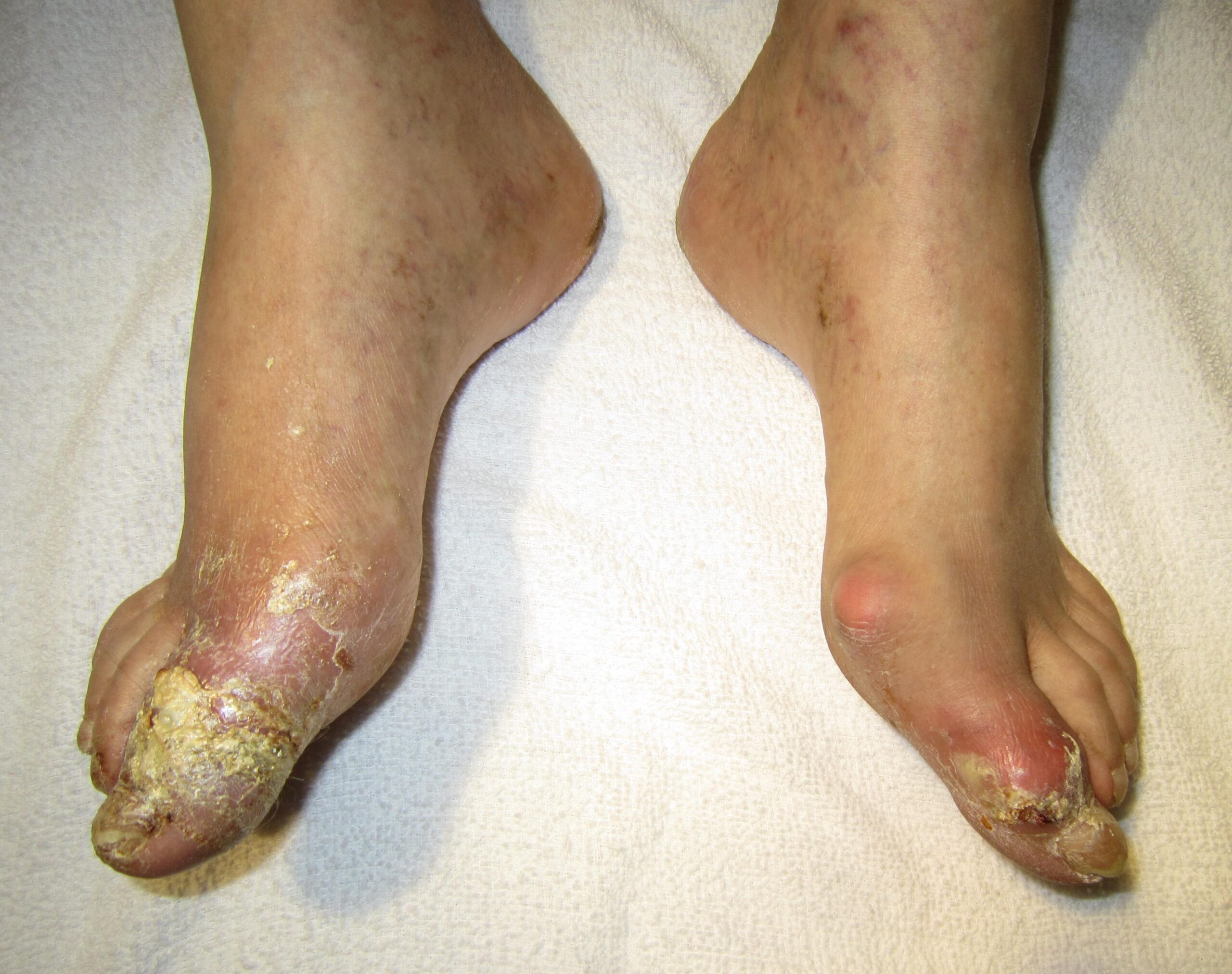Title: The Week of Unwelcome Discomfort: Understanding Diarrhea’s Ongoing Grip
Introduction:
Imagine waking up each morning with a sense of dread, your stomach churning like a stormy sea, and a relentless urgency pulling you toward the bathroom. For many, experiencing diarrhea for an entire week can transform from a mere inconvenience into a profound disruption of daily life. While often brushed off as a trivial ailment, prolonged diarrhea can signal more than just a fleeting case of the runs; it can be a symptom of underlying health issues, dietary indiscretions, or infections that warrant attention. This article delves into the multifaceted nature of a week-long bout of diarrhea, exploring its causes, implications, and the steps one can take to regain comfort and health. Join us as we navigate the complexities of this common yet distressing condition, aiming to shed light on a topic that many would prefer to avoid but ultimately deserves our understanding and care.
Understanding the Causes of Prolonged Diarrhea
Prolonged diarrhea, particularly lasting a week or more, can stem from various underlying causes, ranging from infections to chronic conditions. Bacterial infections, often from contaminated food or water, can lead to severe gastrointestinal distress, while viral infections such as rotavirus or norovirus may also be culprits. Additionally, some individuals may experience parasitic infections from ingesting organisms like Giardia, which can lead to ongoing digestive issues. Other factors that may contribute include:
- Antibiotic use: Disruption of gut flora can cause diarrhea.
- Food intolerances: Lactose or gluten sensitivities can trigger gastrointestinal symptoms.
- Inflammatory bowel diseases: Conditions like Crohn’s disease or ulcerative colitis can lead to chronic diarrhea.
In some cases, malabsorption syndromes can also be the root cause, where the body fails to absorb nutrients effectively, leading to loose stools. Stress and anxiety are often overlooked triggers that can exacerbate gastrointestinal conditions. The following table summarizes potential causes and corresponding symptoms:
| Cause | Symptoms |
|---|---|
| Bacterial Infection | Fever, cramps, watery stools |
| Viral Infection | Nausea, vomiting, dehydration |
| Food Intolerance | Bloating, gas, abdominal pain |
| IBD | Fatigue, weight loss, rectal bleeding |
| Malabsorption Syndrome | Fatty stools, nutrient deficiencies |
Recognizing the Symptoms and When to Seek Help
Experiencing diarrhea for a week can be distressing, and recognizing the symptoms is crucial for understanding when it’s time to seek medical attention. Key symptoms to watch for include:
- Frequent loose or watery stools
- Abdominal cramping or pain
- Dehydration signs like dry mouth, dizziness, or decreased urine output
- Fever above 101°F (38.3°C)
- Bloating or a feeling of fullness
If you notice one or more of these symptoms persisting, it may indicate a more serious underlying condition. You should also consider seeking help if:
- Diarrhea is accompanied by severe abdominal pain
- Blood or mucus is present in your stools
- Your symptoms last longer than 48 hours
- You have recently traveled to areas with known infections
In such cases, it is advisable to consult a healthcare professional for proper diagnosis and treatment. Early intervention can prevent complications and aid in quicker recovery.
Hydration Strategies: Maintaining Fluid Balance
Maintaining proper fluid balance is crucial, especially after experiencing prolonged diarrhea. The body loses significant amounts of water and electrolytes, which can lead to dehydration if not adequately replaced. To counter these losses, consider implementing the following strategies:
- Drink plenty of fluids: Water is essential, but incorporating electrolyte-rich drinks such as oral rehydration solutions (ORS) can replenish lost minerals.
- Eat hydrating foods: Foods with high water content, like cucumbers, watermelon, and oranges, can help boost hydration levels naturally.
- Limit caffeine and alcohol: These substances can act as diuretics, further depleting your body’s hydration and should be minimized during recovery.
Additionally, consider monitoring your fluid intake and output to ensure you’re meeting your hydration needs. A simple table can help track your progress:
| Time | Fluid Intake (ml) | Fluid Output (ml) | Net Balance (ml) |
|---|---|---|---|
| Morning | 500 | 300 | +200 |
| Afternoon | 600 | 400 | +200 |
| Evening | 700 | 350 | +350 |
By following these guidelines, you can help stabilize your fluid balance and facilitate recovery from a week of diarrhea. Remember to listen to your body and consult a healthcare professional if symptoms persist or worsen.

Nutritional Choices: Foods to Embrace and Avoid
When dealing with a week of discomfort, focusing on the right foods can make a profound difference in your recovery. Prioritize hydration by consuming plenty of clear fluids. Consider the following options to help restore balance:
- Clear broths – Gentle on the stomach and packed with electrolytes.
- Rice – Easy to digest and can help firm up stools.
- Bananas – Rich in potassium, they can help replenish lost nutrients.
- Applesauce – A mild source of pectin that can soothe the digestive tract.
- Toast – Simple carbohydrates that are easy on the stomach.
Conversely, it’s essential to steer clear of certain foods that may exacerbate your symptoms. Avoid the following to promote quicker healing:
- High-fiber foods – Such as beans and whole grains, which can irritate the stomach.
- Dairy products – They may cause further discomfort for some individuals.
- Greasy and fried foods - Harder to digest and may worsen diarrhea.
- Spicy foods – Can lead to increased irritation and discomfort.
- Caffeinated beverages – They can act as a diuretic, leading to further dehydration.
Home Remedies and Over-the-Counter Solutions
When dealing with a week-long bout of diarrhea, there are several home remedies that may provide relief and help restore balance to your digestive system. Consider incorporating the following natural solutions into your routine:
- Ginger Tea: This soothing beverage can help calm your stomach and reduce inflammation.
- Bananas: Rich in potassium, bananas can help replenish lost electrolytes and firm up stools.
- Rice Water: The starchy water left after cooking rice can help bind your stools and provide hydration.
- Probiotics: Yogurt or supplements containing live cultures can aid in restoring gut flora.
In addition to home remedies, over-the-counter solutions can be effective for managing diarrhea. Here are some commonly recommended options:
| Medication | Usage |
|---|---|
| Imodium (Loperamide) | Reduces bowel movements and helps control diarrhea. |
| Pepto-Bismol | Soothes upset stomach and acts as an anti-diarrheal. |
| Electrolyte Solutions | Replenishes lost fluids and prevents dehydration. |
Preventive Measures for Future Digestive Health
Maintaining a healthy digestive system is essential, especially after experiencing prolonged gastrointestinal distress. To foster optimal digestive health and prevent future episodes of diarrhea, consider incorporating the following lifestyle and dietary adjustments into your routine:
- Stay Hydrated: Ensure you drink plenty of fluids, especially water, herbal teas, and electrolyte-rich beverages to replenish lost fluids and minerals.
- Mind Your Diet: Introduce fiber gradually by consuming whole grains, fruits, and vegetables to support regular bowel movements.
- Probiotics Matter: Incorporate probiotic-rich foods like yogurt, kefir, and fermented vegetables to restore gut flora balance.
- Limit Processed Foods: Avoid high-fat, sugary, and overly processed foods that can irritate the digestive tract.
Moreover, establishing a routine can significantly enhance digestive health. Consider the following practices:
| Practice | Benefits |
|---|---|
| Regular Exercise | Promotes gut motility and helps reduce stress. |
| Mindful Eating | Encourages better digestion and prevents overeating. |
| Stress Management | Reduces the risk of digestive issues linked to anxiety. |
Q&A
Q&A: Understanding a Week of Diarrhea
Q1: What could be the potential causes of diarrhea lasting a week?
A1: Diarrhea lasting a week can stem from various causes, including viral infections, bacterial infections, food intolerances, and gastrointestinal disorders. Common culprits include norovirus or rotavirus, bacterial pathogens like E. coli or Salmonella, and conditions such as irritable bowel syndrome (IBS) or inflammatory bowel disease (IBD). It’s essential to consider accompanying symptoms to narrow down the possibilities.
Q2: When should someone seek medical attention for prolonged diarrhea?
A2: If diarrhea persists for more than three days, it’s wise to consult a healthcare provider. Immediate medical attention is necessary if you experience severe abdominal pain, high fever, dehydration symptoms (like excessive thirst, dry mouth, or decreased urination), or if there is blood in your stools. These indicators might point to a more serious underlying issue.
Q3: What are some common symptoms associated with diarrhea for a week?
A3: Alongside frequent loose stools, individuals may experience abdominal cramping, bloating, nausea, fatigue, and an urgent need to use the restroom. Dehydration can lead to additional symptoms like dizziness, dry skin, and headaches, as the body loses vital fluids and electrolytes.
Q4: How can one manage symptoms of diarrhea at home?
A4: Staying hydrated is the top priority; drinking clear fluids like water, broth, or electrolyte solutions can help replenish lost fluids. A bland diet, known as the BRAT diet (bananas, rice, applesauce, toast), can soothe your digestive tract. Avoiding dairy, caffeine, and high-fiber foods may also alleviate symptoms. Resting is equally important as your body works to recover.
Q5: Are there any foods or drinks that should be avoided during this time?
A5: Yes, while experiencing prolonged diarrhea, it’s best to steer clear of fat-rich, spicy, and fiber-heavy foods, as well as caffeine and alcohol. Dairy products can also exacerbate symptoms for some individuals, especially if lactose intolerant. Processed foods and anything overly sugary can further irritate the digestive system.
Q6: Can stress play a role in prolonged diarrhea?
A6: Absolutely. Stress and anxiety can significantly impact gut health, leading to gastrointestinal disturbances, including diarrhea. If you find that emotional factors coincide with your symptoms, exploring stress management techniques, such as mindfulness, yoga, or counseling, may be beneficial in conjunction with a medical evaluation.
Q7: What are some preventative measures to avoid future episodes?
A7: To minimize the risk of future diarrhea, focus on practicing good hygiene, such as washing hands regularly and ensuring food is cooked properly. Staying updated on vaccinations, particularly for viral infections like rotavirus, can also help. Additionally, being mindful of food intolerances and handling stress may foster better digestive health overall.
Q8: Is it safe to take over-the-counter medications for diarrhea?
A8: Over-the-counter medications can be effective for mild diarrhea, particularly loperamide or bismuth subsalicylate. However, if diarrhea is due to bacterial infections or certain conditions, these medications may not be appropriate. Always consult with a healthcare professional before self-medicating, especially if symptoms last more than a few days.
Q9: What role does hydration play in recovery from a week of diarrhea?
A9: Hydration is crucial, as diarrhea can lead to significant fluid and electrolyte loss. Drinking plenty of fluids helps to restore balance and prevents dehydration. Oral rehydration solutions, which contain essential electrolytes, can be particularly beneficial during recovery, ensuring your body functions optimally while you heal.
Q10: What should I do if my diarrhea is accompanied by other concerning symptoms?
A10: If diarrhea is accompanied by symptoms such as fever, severe abdominal pain, dehydration, or blood in the stool, it’s crucial to seek medical attention promptly. These signs can indicate a more serious condition that requires immediate care, and your health should always be the top priority.
The Way Forward
experiencing a week of diarrhea can be a challenging and often distressing ordeal. While it may stem from a variety of causes—ranging from dietary indiscretions to underlying health issues—understanding the implications and seeking appropriate care is essential. As we navigate the complexities of our digestive health, it becomes clear that listening to our bodies and responding with informed actions can make all the difference in recovery. Remember, while this uncomfortable journey may feel isolating, you are not alone, and there are resources available to help. Should symptoms persist, reaching out to a healthcare professional can provide the support and guidance necessary to restore balance to your well-being. Here’s to better days ahead, armed with knowledge and the resilience to bounce back stronger.
